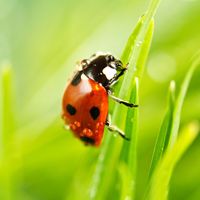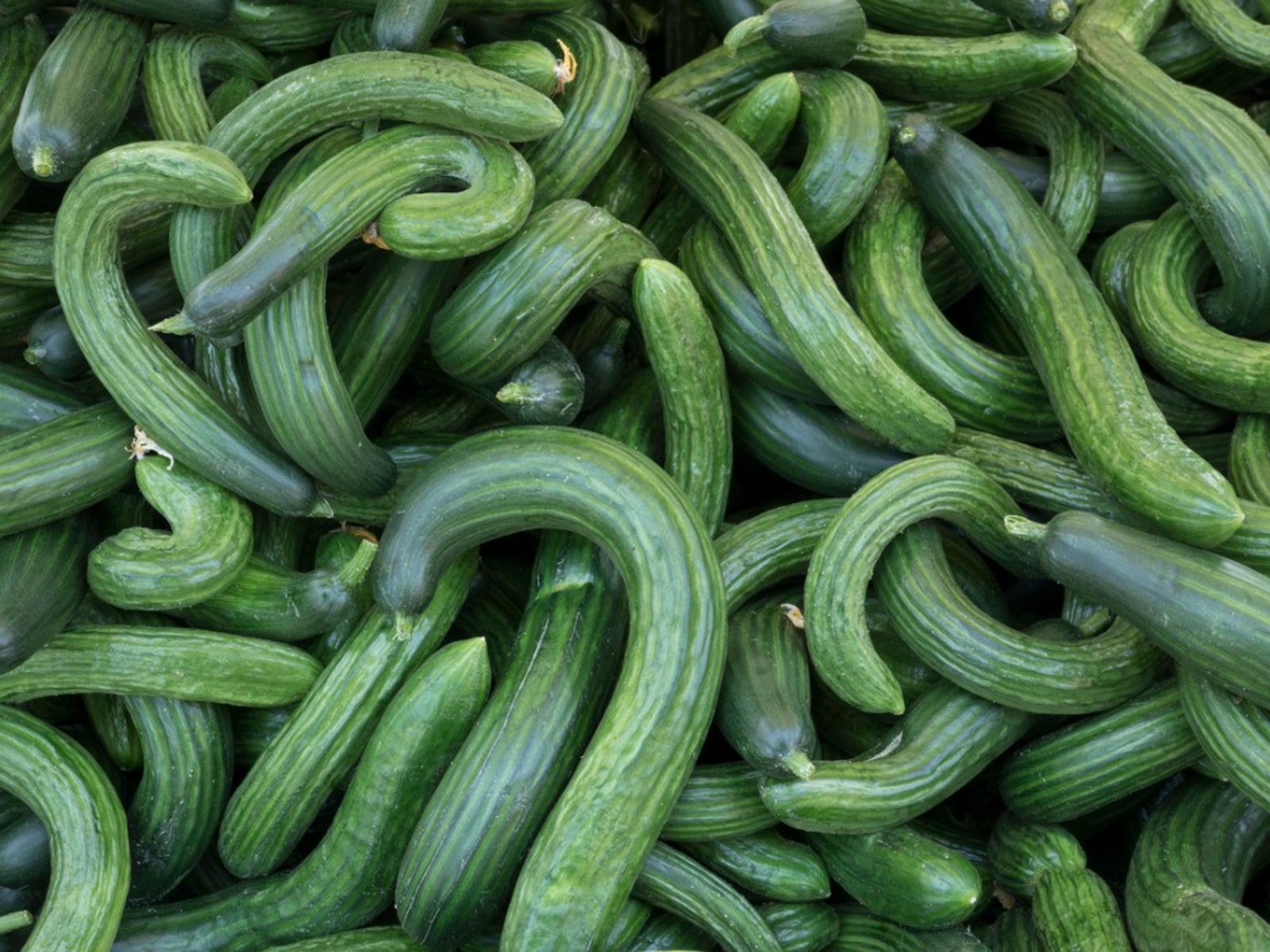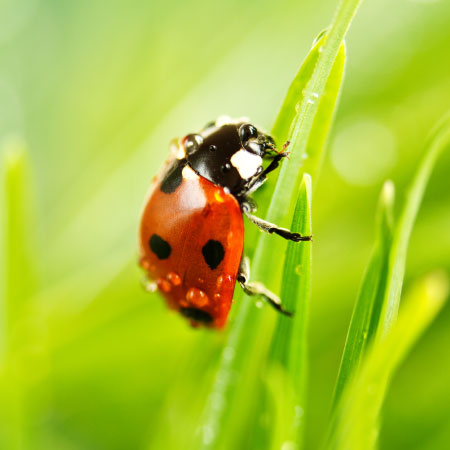Cucumbers Not Straight - Why Are My Cucumbers Curling?


Nothing gets a gardener's heart racing like the appearance of the first flowers of the season in their vegetable garden. Some denizens of the garden, like tomatoes or squash, may give little trouble, but cucumbers can be picky about growing conditions when they're fruiting. Often, this results in curly cucumber fruit, or otherwise deformed cucumbers, and one huge disappointment for gardeners who waited all winter for perfect, straight fruits.
Why are My Cucumbers Curling?
Cucumber fruit curl, properly known as crooking, is a common condition of cucumbers. There are many causes, requiring you to do a little detective work to correct the situation. Pollination Problems: Even when there are plenty of pollinators in your garden, conditions might not be right to ensure complete pollination. Pollen requires semi-humid, warm conditions to be as its best, and when it's too dry or prolonged rains occur during flowering, cucumber ovaries may not be fully pollinated. You can hand pollinate cucumbers to achieve better pollination results, but if the weather is against you, fruits may still curl. Incorrect Growing Conditions: Cucumbers need very specific cultural conditions when their fruits are developing or those fruits may become deformed. Evenly moist soil at temperatures above 60 F. (16 C.) are ideal for straight fruits. Try adding up to 4 inches (10 cm.) of organic mulch if your earliest fruits are crooked and water your plants any time the top inch (2.5 cm.) of soil below the mulch feels dry. Poor Nutrition: Cucumbers are heavy feeders and require a significant amount of nutrition to fruit properly. Prior to planting, each cucumber plant should be provided with about 6 ounces (177.5 mL.) of 13-13-13 fertilizer, then side dressed with 6 additional ounces (177.5 mL.) every two three weeks once the vines start to run. Physical Interference: If you discover newly-forming cucumbers not straight when they're sprawling on the ground, try training them up a trellis or fence. As the ovaries of cucumber flowers are elongating, young fruits can easily deform when they catch on flower petals, vines, or leaves. Growing them on a trellis gives fruits more space to spread, away from physical barriers. Insect Pests: Sap-sucking pests sometimes interfere with developing cucumber fruits, though the cucumber fruit curl that results from this sort of damage will have a much more irregular pattern than other causes. Whiteflies, mites, and thrips are among the most troublesome of the sap-feeders, though aphids, mealybugs, or scale can be occasional pests. Treat these pests with insecticidal soap or neem oil weekly until you no longer see signs of activity.
Sign up for the Gardening Know How newsletter today and receive a free copy of our e-book "How to Grow Delicious Tomatoes".

Kristi Waterworth was a regular contributor to Gardening Know How for many years, answering countless queries on plant pests and diseases.